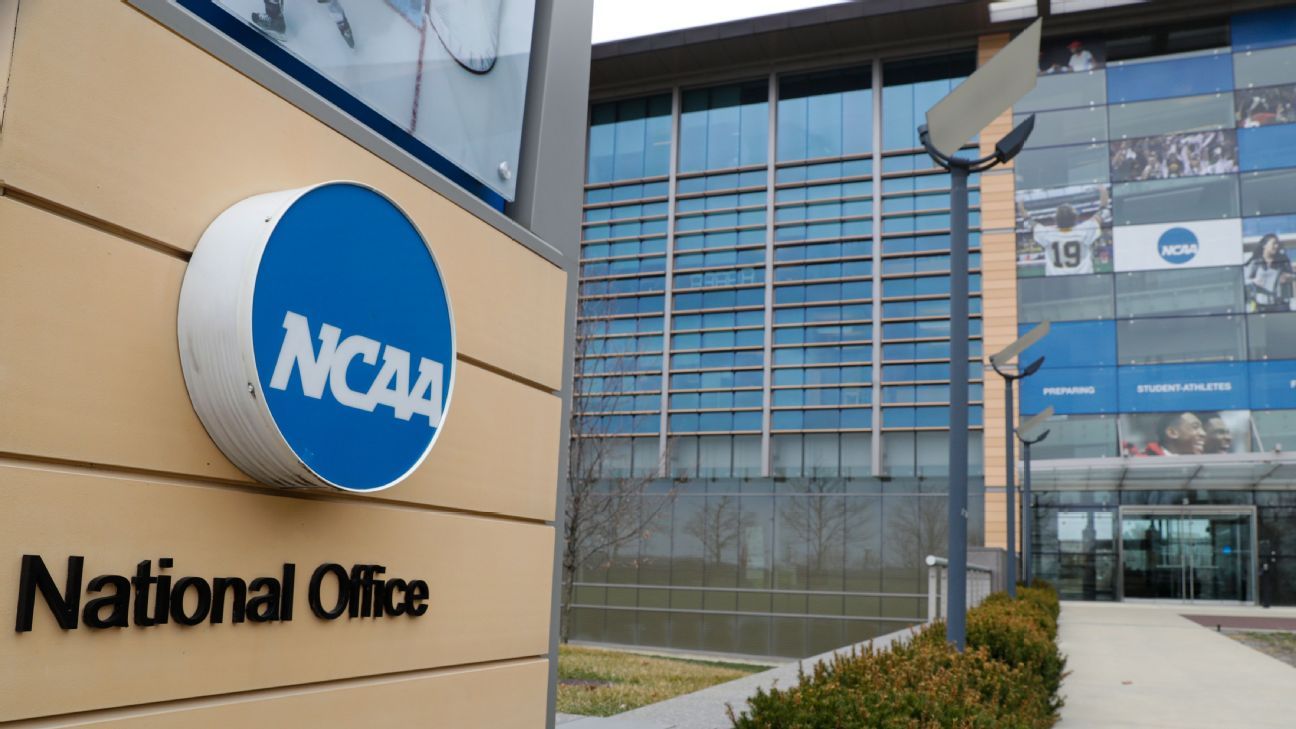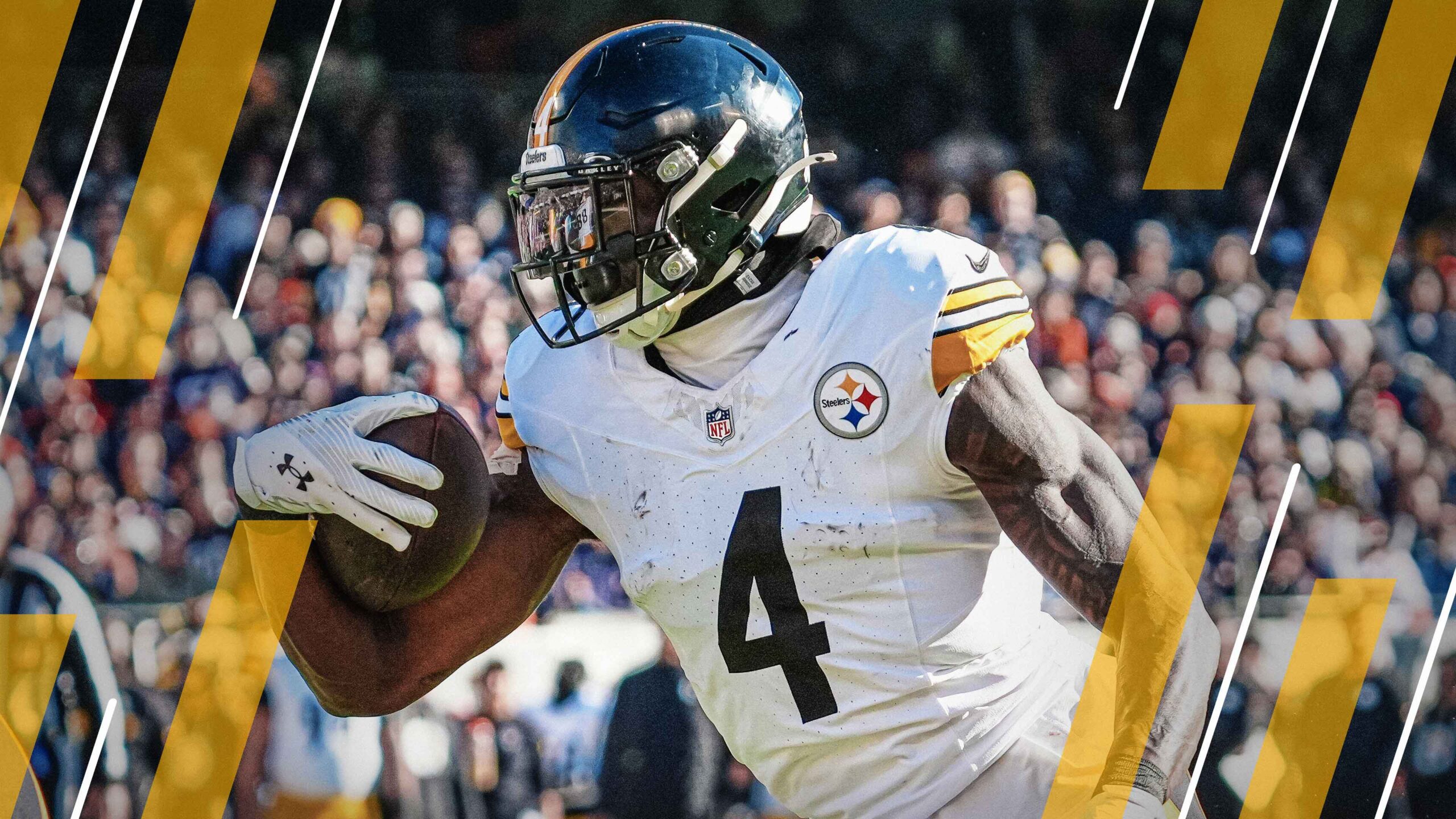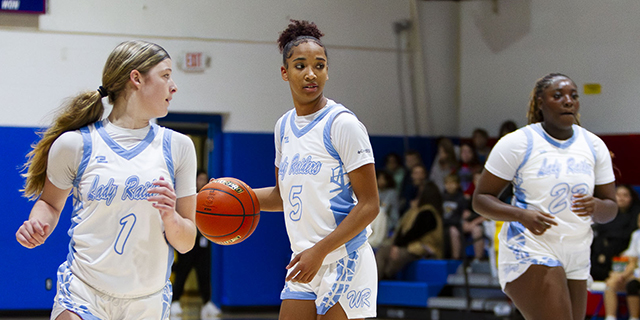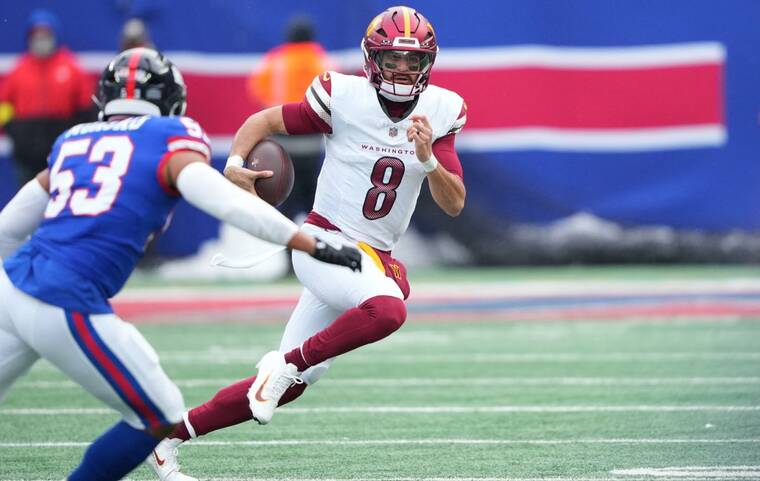The NCAA has postponed a significant rule change that would permit athletes and staff members at Division I institutions to place bets on professional sports. A decision made on Tuesday by the Division I Board has shifted the effective date from November 1 to November 22, 2023. This delay aligns with the end of a 30-day period during which member schools can vote to rescind proposals that fail to secure at least 75% approval from the Division I cabinet.
Concerns regarding the rule change were articulated by Greg Sankey, the Southeastern Conference (SEC) commissioner. In a note to NCAA president Charlie Baker, Sankey expressed reservations about the potential implications of permitting sports betting among athletes. Notably, the NCAA’s existing regulations still prohibit athletes from betting on college sports, and the organization maintains strict rules against sharing competition-related information with bettors.
This announcement follows a troubling week for the NCAA, which witnessed the arrest of an NBA coach and player involved in extensive gambling operations that allegedly leaked sensitive information regarding NBA athletes. Terry Rozier, a guard for the Miami Heat, was specifically accused of using confidential player data to gain an advantage in betting on NBA games.
Baker has consistently emphasized that while the NCAA is adapting to the evolving landscape of sports and gambling, it does not endorse sports betting, especially for student-athletes. During a recent Big East Conference roundtable discussion, he commented, “This change recognizes the realities of today’s sports environment without compromising our commitment to protecting the integrity of college competition or the well-being of student-athletes.”
The postponement highlights the NCAA’s ongoing struggle with sports betting violations, which have surged in recent years. Just last month, the organization imposed bans on three men’s college basketball players for betting on their own games, a violation that allowed them to share winnings totaling thousands of dollars.
Roberta Page, athletic director at Slippery Rock University and chair of the Division II Management Council, reiterated the NCAA’s commitment to maintaining the integrity of college sports while addressing the realities of the current betting environment. Baker noted, “We run the largest integrity program in the world on sports betting across all the various games. Sadly, we discovered some student-athletes involved with some problematic activity.”
The NCAA’s decision to delay the implementation of the sports betting rule reflects the complexity of integrating betting practices into the realm of college athletics while safeguarding the interests and integrity of student-athletes. As the landscape continues to evolve, the organization remains vigilant in addressing potential violations and ensuring fair competition.






